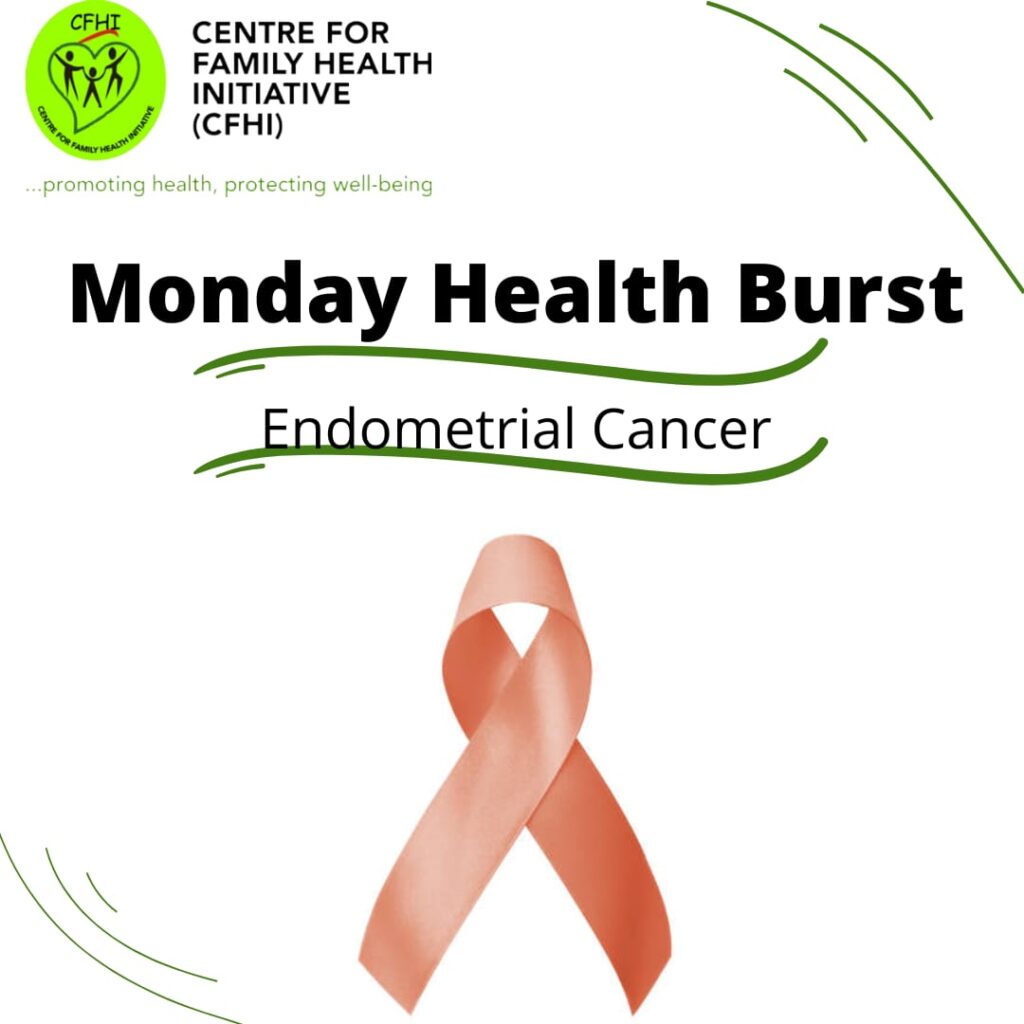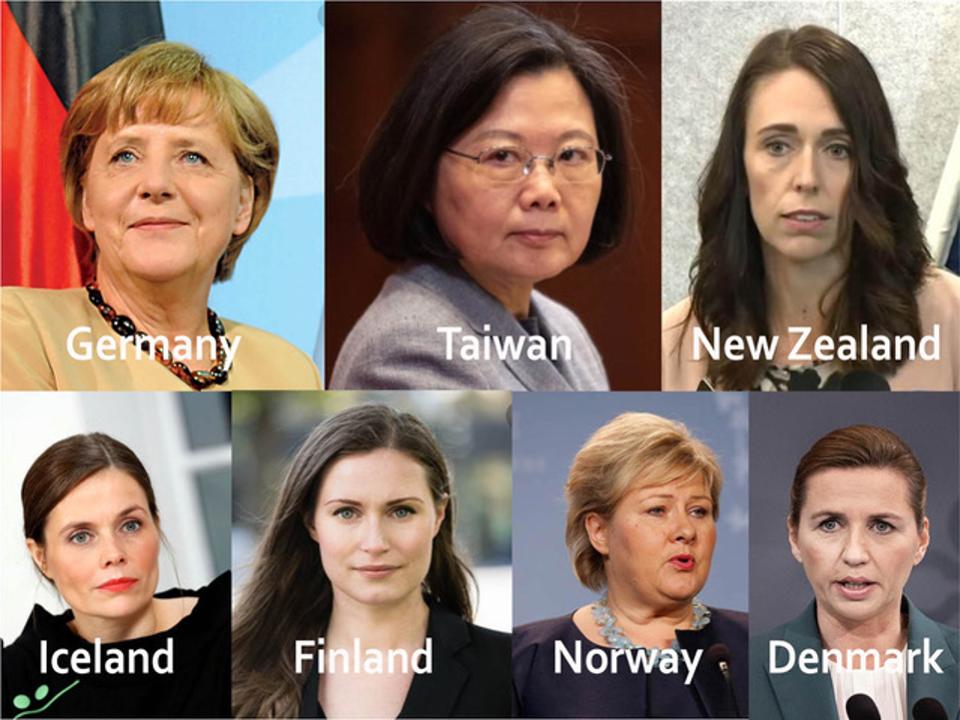Endometrial cancer is a type of uterine cancer that affects the inner lining of the uterus.
As recorded by the World Cancer Research Fund International, endometrial cancer is the sixth most commonly occurring cancer in women and the fifteenth most common cancer overall, with four hundred and seventeen thousand new cases recorded in 2020.
Approximately 3 in 100 women will be diagnosed with uterine cancer at some point in their lives. More than 80 percent of people with uterine cancer survive for 5 years or longer after receiving the diagnosis according to the National Cancer Institute (NCI).
The symptoms of endometrial cancer include; vaginal bleeding after menopause, change in the length or heaviness of menstrual period, pelvic pain, and vaginal bleeding between periods or spotting.
Mayo clinic stated that doctors do not know the exact cause of endometrial cancer, but it occurs as a result of mutations in the DNA. This mutations lead to the growth of abnormal cells which unlike the healthy cells doesn’t die but accumulate to form tumor and later spread to other parts of the body.
Some of the factors known to increase the risk of having the cancer are; not bearing children, a late natural menopause ( after the age of 55), Tamoxifen- a hormone therapy, obesity, being tall, physical activity, and consumption of coffee (WCRI).
The treatment for endometrial cancer is majorly surgery to remove the uterus, fallopian tubes and ovaries depending on the cancer stage. Other treatment include radiation, hormone therapy and chemotherapy.
Monday Health Burst is an initiative of CFHI to address issues of basic health concern. Join us every Monday on all our social media platforms for more episodes.
#EndometrialCancer #UNFPA #WHO #NCI #MondayHealthBurst




